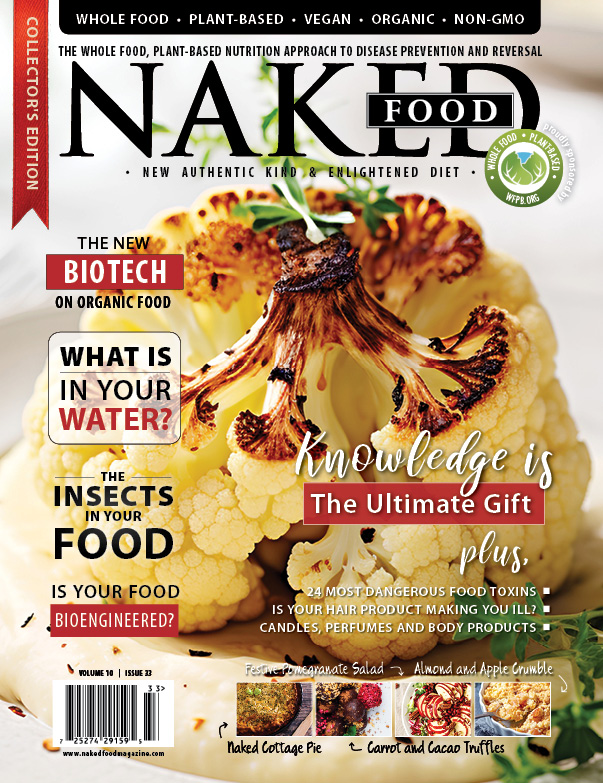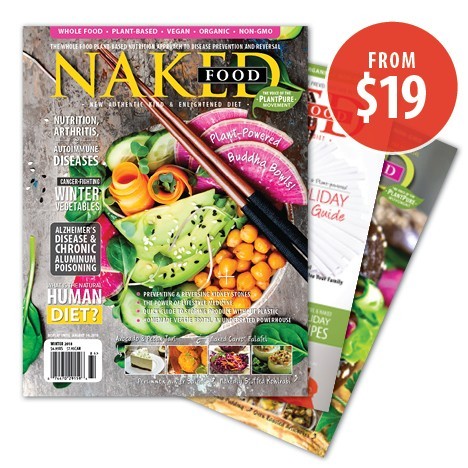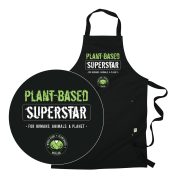Back in the sixteenth century, Americans consumed about 4 pounds of sugar per person each year. By the 1800s, this had risen to 20 pounds and by 1994, to 120 pounds per person. Today, we are closer to 160 pounds. Half of that is fructose, making up about 10% of our diet. This fructose is not from eating fruit, but rather from consuming soft drinks and processed foods.
Research suggests that sugar calories may be worse than just empty calories. A growing body of scientific evidence suggests that the fructose added to foods and beverages in the form of table sugar and high fructose corn syrup in large enough amounts can trigger processes that lead to liver toxicity and other chronic diseases.
Processed sugar (fructose), much like alcohol, increases the fat in the liver and the risk for non-alcoholic fatty liver disease.
Processed sugar (fructose), much like alcohol, increases the fat in the liver and the risk for non-alcoholic fatty liver disease. This is one of the most remarkable medical developments over the past 30 years, not only in America but around the globe.
We use whole foods to sweeten recipes, such as dates, figs, prunes, cranberries, apples, etc. We stay away from processed sweeteners of all kinds.
What about fruit for diabetics? A whole food, plant-based diet rich in vegetables, plant starches, and fruits is an ideal diet for diabetics. Fruit is beneficial in almost any amount. In a recent study, seventeen people were made to eat 20 servings a day of fruit. Despite the extraordinarily high fructose content of this diet, presumably about 200 grams per day (equivalent to 8 cans of soda), the researchers reported no adverse effects for body weight, blood pressure, and insulin and lipid levels and an astounding 38 point drop in LDL cholesterol. The side effect found during the study, however, was that the amount of fruit plus other whole vegetables resulted in the largest bowel movements apparently ever documented in a dietary intervention.
The Naked food approach to diet refers to sugar-free meals. We use whole foods to sweeten recipes, such as dates, figs, prunes, cranberries, apples, etc. We stay away from processed sweeteners of all kinds. We recommend whole dates for smoothies, desserts, and other dishes, and date paste (blended dates) or date sugar (dried dates pulverized into powder), as liquid sweeteners.











